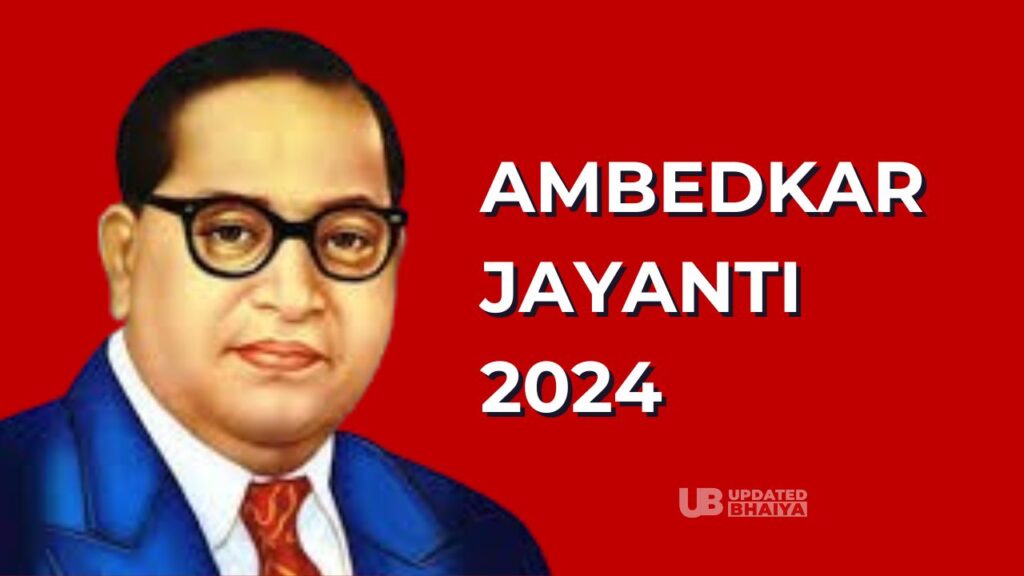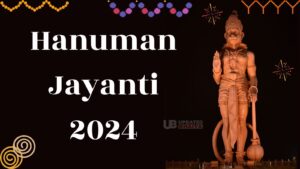
Ambedkar Jayanti 2024
Ambedkar Jayanti, celebrated annually on April 14th, pays tribute to Dr. Bhimrao Ramji Ambedkar, the esteemed first Law Minister of Independent India and the principal architect of the Indian Constitution. Often hailed as the ‘Father of Indian Constitution’, this year marks the commemoration of his 134th birthday on Sunday, April 14, 2024.
Dr. Ambedkar, born on April 14, 1891, in Mhow, Madhya Pradesh, now known as Ambedkar Nagar, emerged as a prominent voice against the injustices entrenched in India’s caste system. His advocacy was dedicated to the upliftment of Dalits and other marginalized communities. Notably, his advocacy extended to championing the Hindu Code Bill, showcasing his commitment to fostering gender equality and women’s empowerment in the country. Driven by his firsthand experiences witnessing the plight of disadvantaged Dalits from his early years, Ambedkar passionately advocated for their rights, inspiring him to dedicate his life to the cause of equality.
Table Of Contents
History Of Ambedkar Jayanti
The history of Ambedkar Jayanti traces back to its inaugural celebration in 1928, organized by social activist Janardan Sadashiv Ranapisay in Pune. Subsequently, as Dr. Ambedkar’s influence expanded from the 1940s to the 1980s, the observance of his birth anniversary gained more prominence. Despite this, it wasn’t until 1990, when Dr. Ambedkar was posthumously awarded India’s highest civilian honor, the Bharat Ratna, that his remembrance garnered nationwide recognition, culminating in the declaration of 1990–1991 as the “Year of Social Justice.” Gradually, Ambedkar Remembrance Day evolved into a widely acknowledged holiday, with various states informally observing it.
Significance Of Ambedkar Jayanti
The significance of Ambedkar Jayanti lies in commemorating Dr. Ambedkar’s multifaceted contributions as a jurist, economist, politician, and social reformer. His tireless endeavors encompassed the advocacy for women’s rights, labor rights, and the eradication of societal prejudices against Dalits. Therefore, this day, often observed as a public holiday nationwide, is also known as Equality Day, reflecting Dr. Ambedkar’s lifelong crusade for justice and equitable treatment for all Indian citizens under the law.

Recognition Of Ambedkar Jayanti
The pivotal moment came in 2020 when the Central Government officially recognized Ambedkar Jayanti on a national scale, albeit the exact date of the declaration of a national holiday remains unspecified. Nonetheless, Central Government departments have been observing the day as a holiday in recent years, underscoring the growing acknowledgment of Dr. Ambedkar’s enduring legacy.
Dr. Ambedkar’s significance resonates through his instrumental role in drafting the Indian Constitution, which enshrines the principles of justice, liberty, equality, and fraternity. His steadfast advocacy against social injustices and his relentless support for the rights of marginalized communities have profoundly shaped India’s social reform policies.
Furthermore, Dr. Ambedkar’s belief in the transformative power of education and knowledge as catalysts for social and economic mobility remains influential. His vision of an inclusive society is upheld through various events held on this day, celebrated as a festival of equality.
In essence, Dr. Ambedkar’s legacy serves as a beacon guiding ongoing initiatives aimed at fostering a more just and inclusive society. Ambedkar Jayanti stands as a testament to his indomitable spirit and unwavering commitment to the noble pursuit of equality and social justice for all.






